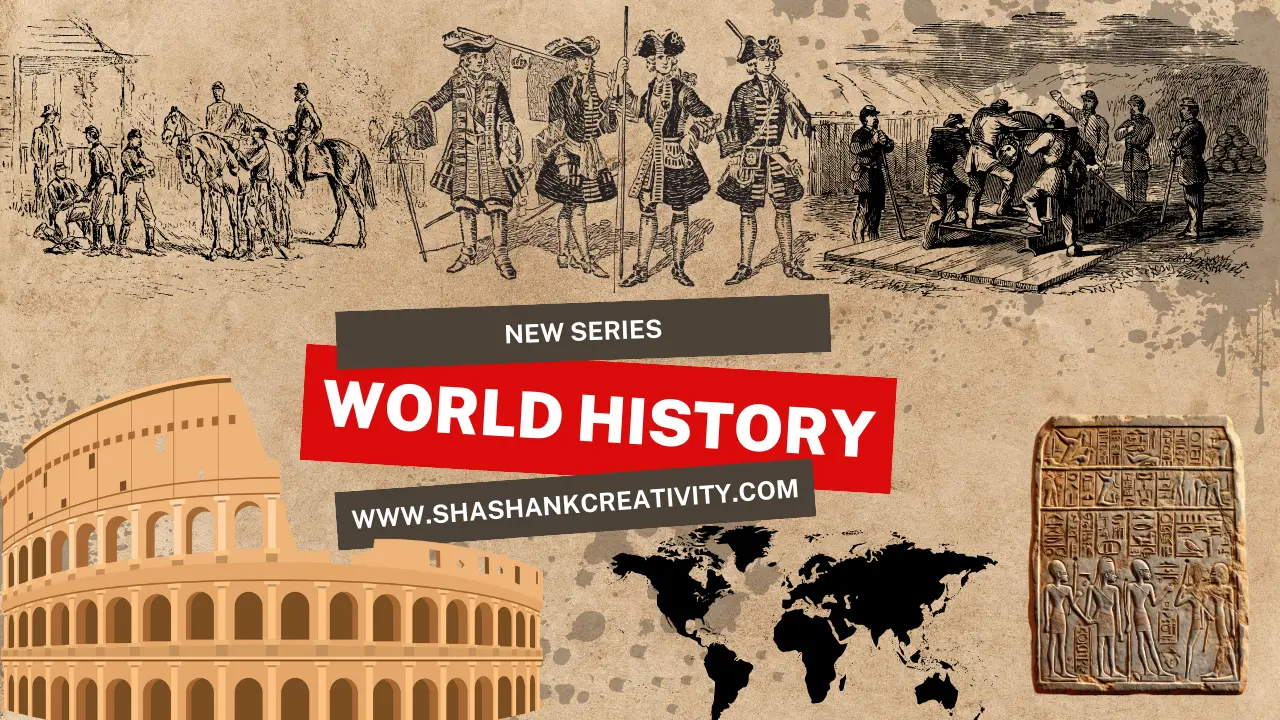In the early 20th century, a wave of political ideologies swept across Europe, forever changing the course of history. Fascism and nationalism emerged as powerful forces, captivating the minds of many. Fascism, characterized by authoritarian rule, extreme nationalism, and suppression of dissent, gained popularity in countries like Italy under Benito Mussolini and Germany under Adolf Hitler.
The Treaty of Versailles
The Treaty of Versailles was the peace treaty that was signed after World War I. It was signed on June 28, 1919, in the Hall of Mirrors at the Palace of Versailles in France. The treaty was very harsh on Germany, and many historians believe that it was one of the main causes of World War II. The treaty required Germany to give up territory to the Allied Powers, pay reparations, and accept responsibility for starting the war. The treaty also limited the size of the German military. Many Germans felt that the treaty was unfair, and they were determined to get revenge on the Allies. This resentment helped to create the conditions for the rise of Adolf Hitler and the Nazi Party in Germany.
The Rise of Fascism
The rise of fascism in Europe was a major factor in the outbreak of World War II. Fascism is a political ideology that emphasizes nationalism, militarism, and totalitarianism. It was a reaction to the perceived weakness of democracy and the failure of the Treaty of Versailles to create a lasting peace after World War I. In Italy, Benito Mussolini came to power in 1922 and established a fascist dictatorship. In Germany, Adolf Hitler came to power in 1933 and began to rearm the country and pursue expansionist policies. The rise of fascism in Europe created a climate of fear and instability that led to the outbreak of World War II in 1939.
The Japanese Empire
Japan's empire in Asia was another major cause of World War II. In the early 20th century, Japan had begun to expand its empire in Asia, and by the 1930s, it had conquered Korea, Taiwan, and Manchuria. In 1937, Japan invaded China, and the two countries fought a brutal war that lasted until 1945. Japan's expansion in Asia was a major threat to the United States and other Western powers, and it was one of the factors that led to the outbreak of World War II.
The Spanish Civil War
The Spanish Civil War, which took place from 1936 to 1939, was a major conflict that helped to set the stage for World War II. The war began when a group of military officers, led by General Francisco Franco, launched a coup d'état against the democratically elected government of Spain. The coup was supported by Nazi Germany and Fascist Italy, while the Spanish government was supported by the Soviet Union. The war was brutal and bloody, and resulted in the deaths of over 500,000 people. The Spanish Civil War had a profound impact on the course of World War II. The war helped to strengthen the fascist powers of Germany and Italy, and it also led to the rise of the Spanish dictator Francisco Franco. The war also demonstrated the willingness of the Soviet Union to intervene in other countries' affairs, and it helped to increase tensions between the Soviet Union and the Western powers.
The Munich Agreement
The Munich Agreement was a diplomatic agreement between Germany, France, Italy, and the United Kingdom that ceded the Sudetenland, a region of Czechoslovakia, to Germany. The agreement was signed on September 30, 1938, and it was intended to appease Adolf Hitler and prevent the outbreak of World War II. However, the agreement only served to embolden Hitler and led to the invasion of Poland in September 1939, which began World War II.
The Invasion of Poland
The invasion of Poland by Nazi Germany on September 1, 1939, marked the beginning of World War II. The invasion was a direct violation of the Treaty of Versailles, which had ended World War I, and it sparked a chain of events that led to the outbreak of war in Europe. The invasion of Poland was also the first time that Germany used its newly developed blitzkrieg tactics, which combined air and ground forces to quickly overwhelm enemy defenses.
world history, world war 2, rise of Adolf Hitler, role of Germany in world war 2, why world war 2 happen, reason behind world war 2,
